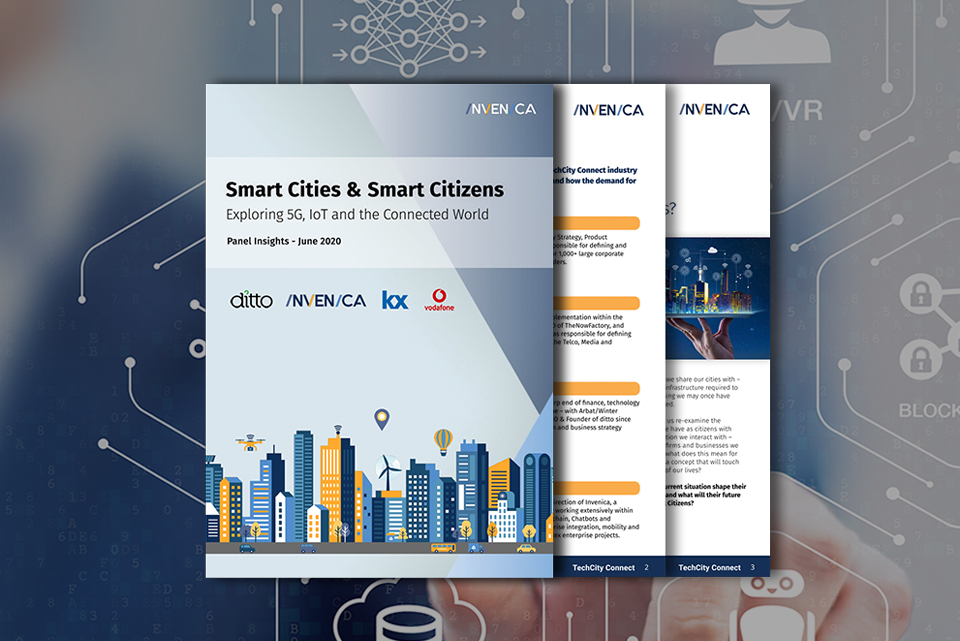What is a connected car?
A connected car is a car that is equipped with Internet access. This allows the car to share internet access and data with other devices both inside and outside the vehicle. The rise of 5G networks unlocks new potential for drivers, from interaction with other road users and third parties, to completely redefining the experience behind the wheel.
Driving automotive transformation with 5G and IoT
In-car connectivity once thought of as a luxury is becoming more and more commonplace. The connected car now offers much more than merely the comfort and entertainment of automatic heating seats when low temperature is detected, or a better multimedia streaming system. Connected cars are rapidly developing to become a critical part of road transportation systems, not only for drivers, but for traffic and road authorities too.
Already today, vehicle Original Equipment Manufacturers (OEMs) are increasingly focusing on delivering services in addition to selling vehicles as products. Software is now a critical component of vehicles, and OEMs are investing heavily in automation, architecture simplification and new drivetrain technologies such as electrification.
Road and traffic authorities are seeking new technology solutions to reduce carbon emissions, traffic congestion and reduce road traffic accidents. These solutions can often be specific to vehicle functionality and require different levels of support for the needs of individual drivers and their vehicles. Meeting these diverse needs requires software-defined and network-aware vehicles, combined with the advanced network connectivity of 5G.
Invenica worked with a global Telecoms provider to create an end-user data management mobile platform for ‘Connected Car’ drivers.
Emerging technologies are making autonomous cars a reality as connected cars are becoming the next generation of complex consumer IoT smart devices. A large amount of data generated by end consumers and their devices presents challenges within the implementation of data protection and data privacy.
Invenica’s solution helped empower customers through increased control of their personal data and privacy. The Connected Car mobile application allows the consumer to have options of what data they share and who they share it with.
/ What we did
/ What we delivered
“By 2025 Ericsson predicts that the number of connected cars in operation will rise to more than 500 million.”
Source: Ericsson Technology Review, Distributed cloud – a key enabler of automotive and industry 4.0 use cases, November 20, 2018




